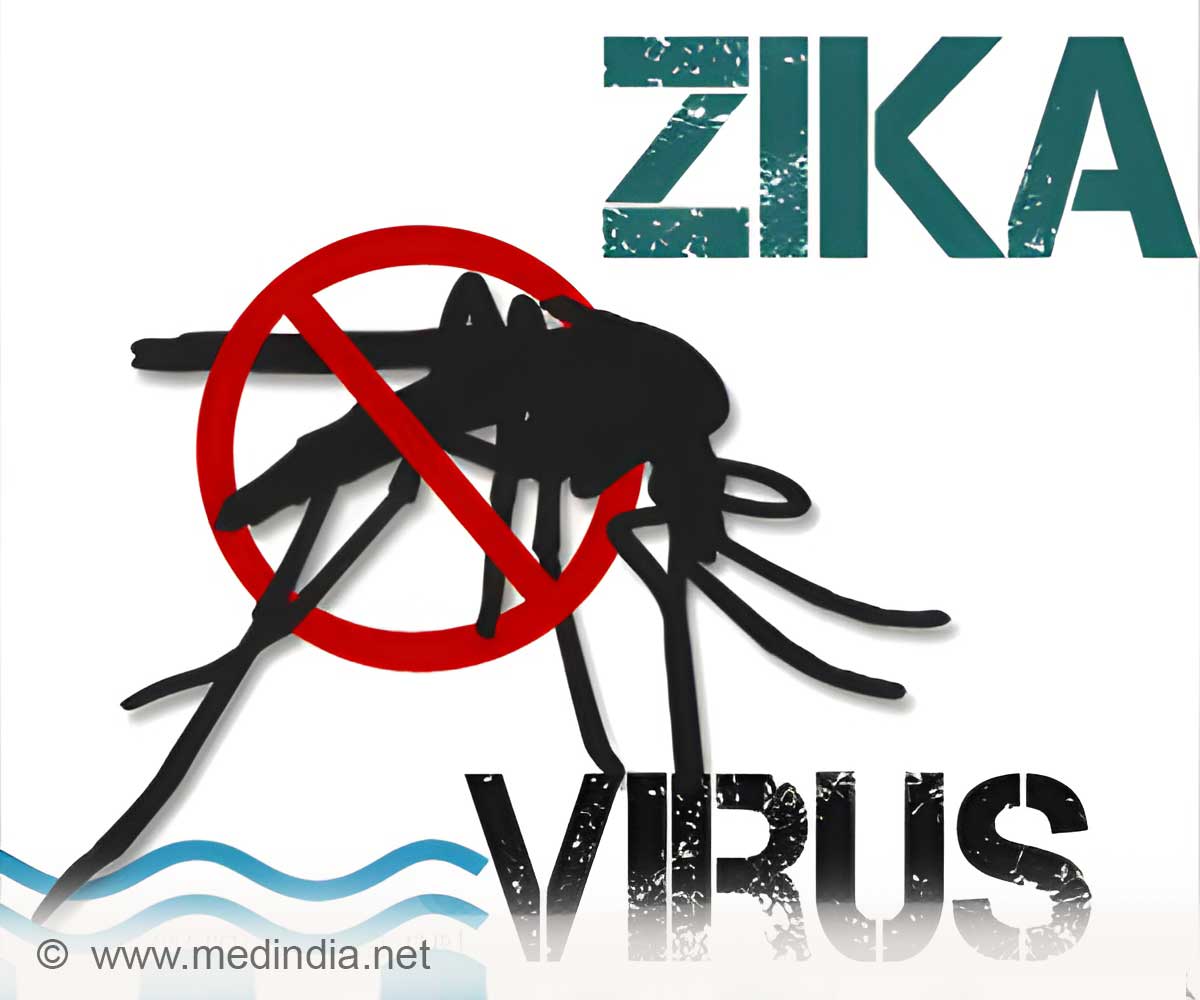The spread of the Zika virus in northeastern Brazil has been so intense that the current Zika epidemic could soon be over.

TOP INSIGHT
People who have undergone Zika virus infections usually become immune to the virus.
Population immunity is giving the virus less and less latitude
"The spread of the Zika virus in northeastern Brazil has been so intense that the current Zika epidemic could soon be over," explains Drexler. People who have undergone Zika virus infections usually become immune to the virus.
Consequently, fewer and fewer people can now contract Zika virus infections and subsequently serve as a source of the virus for mosquitoes. According to the authors of the study, "Outbreaks in the same region are therefore rather unlikely."
The Zika virus is currently spreading from Brazil to the neighboring countries but, according to Drexler, may gradually fade out on its own. However, to date, it is still unclear as to whether the virus can hide in other animals to then cause new outbreaks in humans.
The study is the first laboratory-based epidemiological study since the start of the Zika epidemic. Samples from 910 humans in Salvador, northeast Brazil, were tested for Zika virus antibodies as well as for other viruses transmitted by mosquitoes--such as Chikungunya and dengue.
Link between Zika and microcephaly
"The increased number of newborns with microcephaly observed during the Zika outbreak in Brazil is linked to Zika infection of the mother during early pregnancy," explains Drexler.
Data from the Brazilian metropolis have confirmed this suspicion and, together with other studies, enable the researchers to estimate the absolute risk of microcephaly upon infection of the mother during pregnancy: approximately one out of 100 mothers infected during early pregnancy will bear a child with microcephaly.
Link between Zika and poverty
Analysis of geospatial data and socioeconomic status demonstrated a connection between the likelihood of Zika infection and increased poverty. "We can see that poorer regions are more severely affected by Zika," confirms Drexler. "Reasons for this can currently only be assumed." The scientists suspect that living conditions contribute to the situation.
"Mosquitoes can more easily access these homes and people are more exposed."
According to the authors of the study, these findings could be taken into consideration for developing future intervention measures, such as ensuring that people living in poorer regions have better access to protection against mosquitoes. In addition, more targeted use of the potential vaccines and drugs that scientists are currently working on intensively could be planned.
Source-Eurekalert
 MEDINDIA
MEDINDIA




 Email
Email





